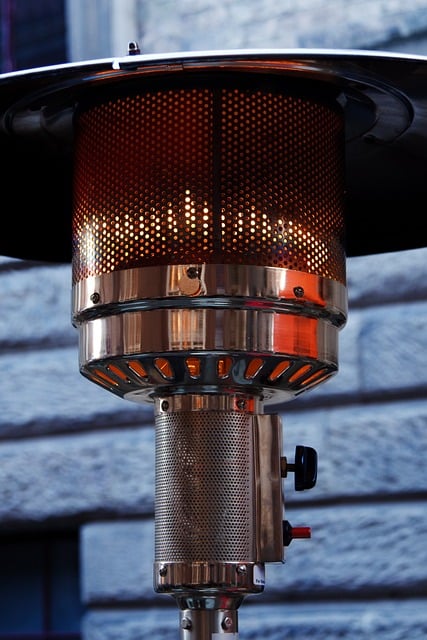Regular water heater maintenance is key to ensuring optimal performance and longevity. This includes periodic flushing (every 3-6 months), inspecting for corrosion or leaks, tightening connections, and monitoring temperature settings. By implementing these simple steps, along with annual professional inspections, you can prevent costly repairs, improve energy efficiency, and maintain a reliable hot water supply for years to come.
Water heaters are essential appliances, but they can face various issues over time. From sediment buildup, which can reduce efficiency, to leaks that pose safety hazards, understanding common problems is key. This article guides you through the basics of water heater maintenance, explores frequent issues like sediment accumulation and leaks, and offers preventative measures to ensure your heater stays in top condition. Implement these tips for regular care, and avoid major headaches associated with water heater maintenance.
- Understanding Water Heater Maintenance: The Basics
- Common Problems and Their Causes: Sediment Buildup to Leaks
- Preventative Measures: Tips for Regular Care and Avoiding Major Issues
Understanding Water Heater Maintenance: The Basics

Maintaining a water heater is an essential aspect of ensuring its longevity and optimal performance. Regular water heater maintenance involves a few basic steps that every homeowner should be aware of. First, checking the temperature settings regularly can prevent scalding or inefficient heating. Most modern water heaters come with digital controls, making this process straightforward. Second, inspecting the tank for any signs of corrosion or leaks is crucial. Corrosion can lead to sediment buildup, reducing the heater’s efficiency and potentially causing damage. Regular cleaning and removal of this sediment are vital to maintaining water quality and preventing clogs. Additionally, examining connections and hoses for tightness prevents leaks that could cause substantial water damage.
Water heater maintenance also includes periodic flushing to remove mineral deposits and accumulated debris. This simple task can significantly improve the appliance’s capacity and lifespan. Many professionals recommend doing this every 3-6 months, depending on usage and local water conditions. By incorporating these basic maintenance practices, homeowners can avoid costly repairs and prolong the life of their water heaters, ensuring a steady supply of hot water for years to come.
Common Problems and Their Causes: Sediment Buildup to Leaks

Water heaters are an essential part of our daily routines, but they can be prone to several common issues that affect their performance and longevity. One of the primary problems is sediment buildup, which occurs when minerals and metal particles accumulate at the bottom of the tank. This buildup can lead to reduced water heating efficiency and even cause the heater to malfunction. Over time, sediment can insulate the heated water, making the element less effective and resulting in higher energy consumption. Regular water heater maintenance, including flushing, is crucial to prevent this from happening.
Another prevalent issue is leaks, which can be caused by various factors. Aged or damaged pipes, corroded components, and faulty gaskets are common culprits. Leaks not only waste valuable water but also lead to higher energy bills. To avoid these problems, it’s essential to inspect the heater regularly for any signs of damage or moisture. Proper maintenance, such as replacing old O-rings and gaskets, can prevent leaks and extend the life of your water heater. Regular water heater maintenance is a simple yet effective way to keep these issues at bay.
Preventative Measures: Tips for Regular Care and Avoiding Major Issues

Regular water heater maintenance is key to preventing major issues. Start by scheduling annual professional inspections to ensure your unit is functioning optimally and to catch any potential problems early on. During these checks, professionals can flush out sediment buildup, a common cause of water heater failure, and check for leaks or corrosion.
At home, implement simple preventative measures like turning off the hot water supply when not in use, especially during periods of extended absence. Consider using insulation around your water heater to maintain optimal temperatures and reduce energy usage. Additionally, check for any visible signs of damage or unusual noises, addressing them promptly to avoid more serious complications down the line.
Regular water heater maintenance is key to preventing common issues like sediment buildup and leaks. By understanding the basics of maintenance and implementing preventative measures, you can ensure your water heater operates efficiently and safely for years to come. Incorporating these simple tips into your home care routine will help you avoid major disruptions and save on costly repairs. Remember, proactive care is always the best policy when it comes to your water heater maintenance.
